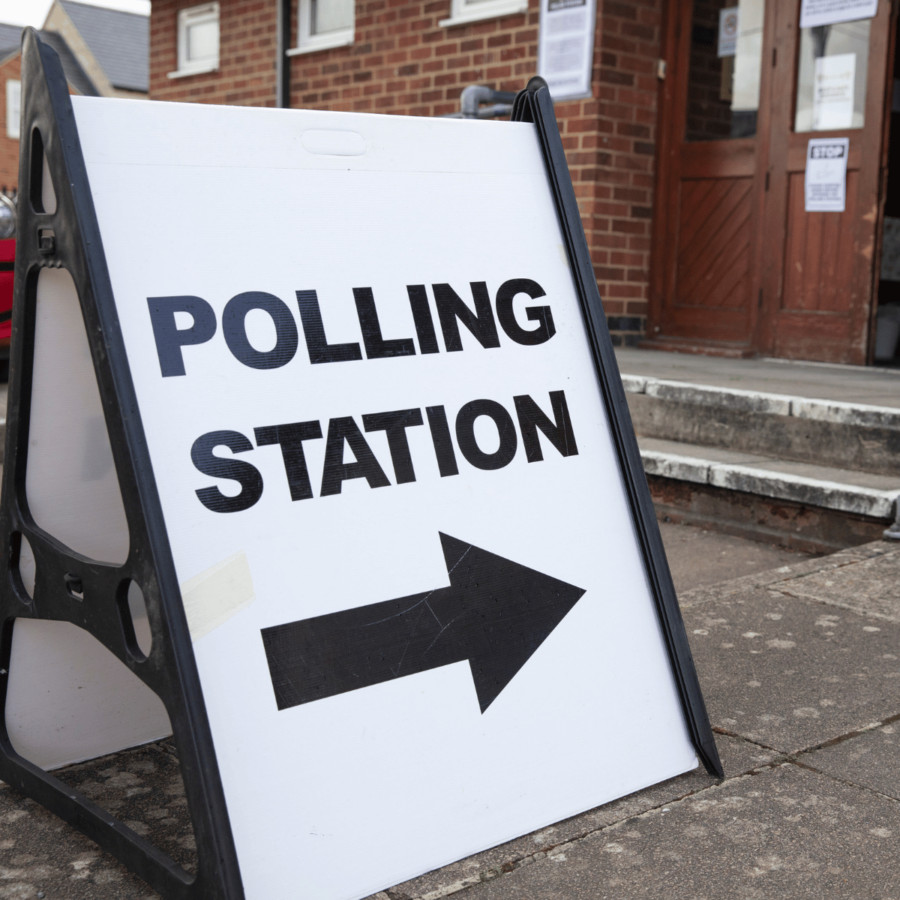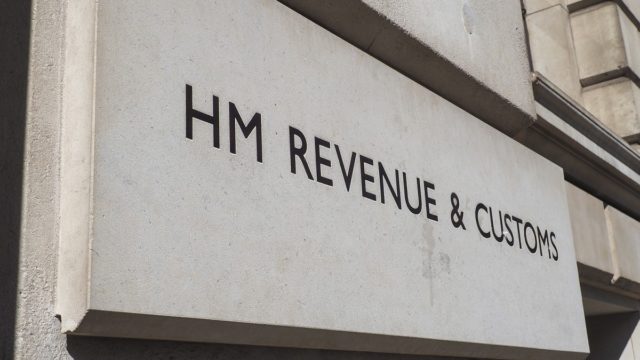General Election Briefings on Key Economic and Social Issues
The next General Election, expected autumn 2024, is expected to focus on the state of the economy and the main choices going forward. This project will seek to provide an accurate assessment of the key economic issues and develop policy options that address these fundamental challenges.

Summary & aims
Given widespread dissatisfaction with UK performance, we anticipate that economic and social issues will be at the forefront of the 2024 election.
We aim to provide an accurate, authoritative assessment of the key economic issues, assess the policies proposed by the main parties and develop alternative policy options to address the fundamental challenges we face. All of this is designed to inform the public debate.
By connecting economic and social forces – the macroeconomic picture – to their impact on
households and regions, our work will shine a light on the transitory issues (e.g. the inflationary shock) and the deep-seated structural problems (e.g. declining real wages, which underpin the fall in living standards).
Through a series of briefings, dedicated events and other dissemination channels, we aim to define benchmarks against which to evaluate election manifestos and political claims, as well as highlight the drivers of disadvantage and inequality and show how they affect the wider economy.
Methodology
By building on our modelling capabilities for macro-economic, regional, sectoral and household analysis, we will provide an accurate, authoritative assessment of the prospects for the economy.
We will draw on our suite of models (namely NiGEM, NiREMs and LINDA, our household model), as well as our existing quarterly UK Economic Outlook and our monthly GDP, wage and inflation trackers to outline the condition of the UK economy going into the election and to set out the core problems such as low economic growth, low public and business investment, low productivity and low real wage growth.
To explore these key issues we will summarise the current situation and define benchmarks against which to evaluate election manifestos and political claims. Through a series of briefings we will aim to help the public to understand better the policy options that are faced. The five main areas we will investigate will be:
- The need for supply-side reforms, the causes of slow growth and a new monetary-fiscal settlement to support improved living standards
- Labour markets and wages, including the role that immigration reform will play to address issues around falling real wages
- The state of the public finances and the risks to the fiscal position over the next parliament, including an examination of alternate taxation methods.
- The size of regional inequalities and the costs associated with regional regeneration.
- The reforms needed to foster a growth in productivity
Principal Investigator

Co-Investigator










